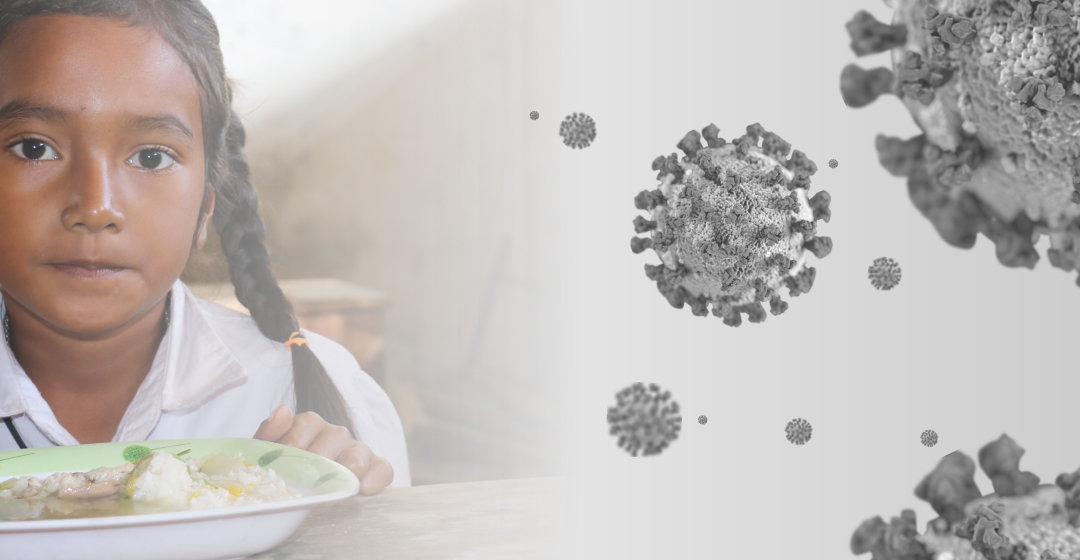
The COVID-19 pandemic has led to dramatic loss of human life across the world and presents an unprecedented challenge with deep social and economic consequences, including compromising food security and nutrition. A policy brief launched this week by the United Nations secretary-general Antonio Guterres points out to the risk of a global food emergency and asks for immediate action to be taken.
“Our food systems are failing, and the COVID-19 pandemic is making things worse. Unless immediate action is taken, it is increasingly clear that there is an impending global food emergency that could have long term impacts on hundreds of millions of children and adults,” Guterres said.
The report, called The Impact of COVID-19 on Food Security and Nutrition, details the challenge and lists three sets of priority actions to address issues in the short, medium and long terms: save lives focusing on where risk is more acute; strengthen social protection systems; and invest in a sustainable future.
The WFP is taking various steps to reduce the impact of COVID-19 on reaching and supporting the world’s most vulnerable people. This includes expanding its real-time, remote food-security monitoring in several countries, to assess how supply chains are functioning and monitor households’ access to health care. Information is available to the wider humanitarian community, while the public can access information via WFP’s Hunger Map LIVE and Hunger Analytics Hub.
G20: joint statement
Another report, produced on the occasion of the Extraordinary G20 Agriculture Ministers’ Meeting, also pointed out the risks the pandemic poses to food security and nutrition across the globe. The joint statement was signed by the World Food Programme (WFP), the International Fund for Agricultural Development (IFAD), the Food and Agriculture Organization of the United Nations (FAO), and the World Bank.
“Responses need to be well coordinated across the world, including by the G20 and beyond, to limit impacts, end the pandemic, and prevent its recurrence”, the statement reads.
It also states that the devastating economic impacts of COVID-19 reinforce the need for investments that prevent future outbreaks of such infectious diseases, recognizing the interconnections between people, animals, plants and their shared environment, which is known as the One Health approach.
The group also stresses that continued attention is necessary strengthen the resilience of food systems to such disease outbreaks, adding that decisive collective action is needed now to ensure that this pandemic does not threaten food security and nutrition, and to improve resilience to future shocks.





